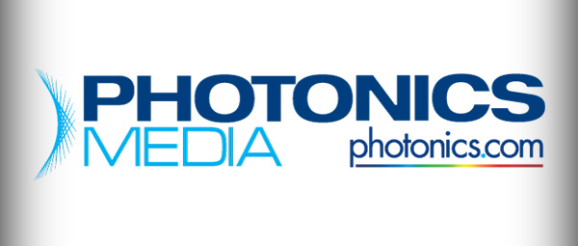Lithuania Unveils Government-Backed Innovation Hub in Silicon Valley

PALO ALTO, Calif. Feb. 13, 2024 — Innovation Hub Lithuania (InnoHub Lithuania), a Silicon Valley site designed to serve as an economic bridge between high-tech Lithuanian companies, and research institutes, with American counterparts and customers, is the latest development set to boost Lithuania’s optics and photonics sector. The hub, which launched earlier this month concurrent with Photonics West in San Francisco, will provide support to Lithuanian companies looking to establish partnerships by providing insight on legal and cultural differences for establishing contracts and marketing strategies, and market insights. Neringa Morozaite-Rasmussen, Lithuania’s vice-minister of economy and innovation said that particularly for smaller companies, who may have yet to establish partnerships with American firms, the hub provides a welcome steppingstone into a much larger market, both in terms of enterprise and landmass. A local address in North America, especially for small international enterprises, will allow greater ease for companies looking to expand their business. The hub is a member of the Nordic Innovation House, with which it is co-located. Lithuania, a member of the Nordic-Baltic Eight, has a long history economic partnership with the five Nordic countries the Innovation House unites: Norway, Sweden, Finland, Denmark, and Iceland, in some cases dating all the way back to Lithuanian independence Morozaite-Rasmussen said. The Innovation House, having preceded InnoHub by about a decade, allows for onsite collaboration and mentorship through shared networking events. The Silicon Valley site’s opening is the latest strategic move to bolster Lithuania’s growing photonics and high technology sector. Lithuania, for the first time, had a national booth, or “pavilion” during Photonics West 2024, which concluded earlier this month. According to Morozaite-Rasmussen, 95 out of 100 top universities globally, as well as NASA and CERN, use Lithuanian laser components for R&D work. In September of last year, the Lithuanian Ministry of Economy and Innovation opened the Lithuanian Laser Laboratory, in Taiwan. Further, the innovation-focused policy push has helped establish infrastructure to foster the growth of the Lithuanian photonics ecosystem, which itself has grown companies including EKSPLA, EssentOptics, LIDARIS, Altechna (which recently acquired American optics firm Alpine Research Optics), and Light Conversion, among others. “We have made major innovation reform one and a half years ago,” Morozaite-Rasmussen said. Part of that reform was the establishment of Innovation Agency Lithuania, a non-profit agency under Lithuania’s Ministry of Economy and Innovation. InnoHub Lithuania is an initiative launched by the agency which, Morozaite-Rasmussen said, provides guidance for companies looking to expand their business. Companies can get free consultations and export training, as well as networking assistance for joint international projects. The agency also helps companies navigate funding opportunities from the European Union, like Horizon Europe and Digital Europe. So far, institutional support has helped the country’s photonics ecosystem expand into priortiy international markets including the U.S., India, Germany, South Korea, Japan, and Scandinavia markets, Morozaite-Rasmussen said.
